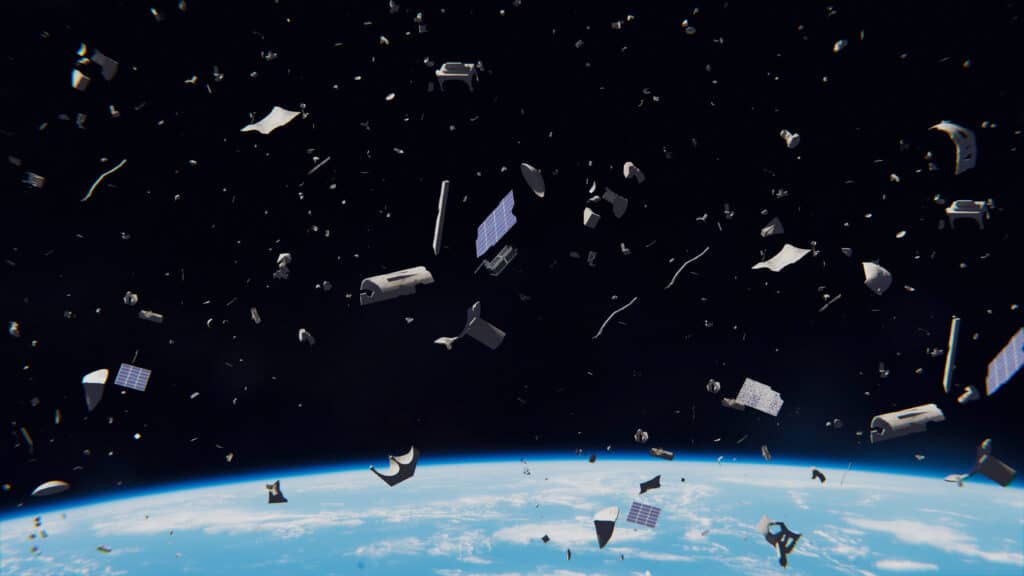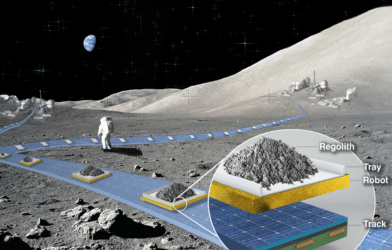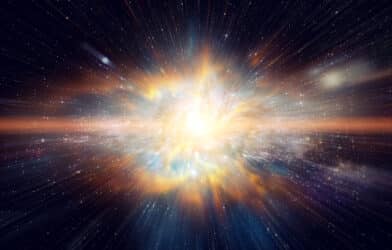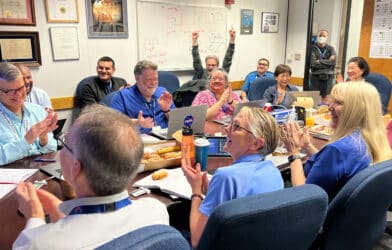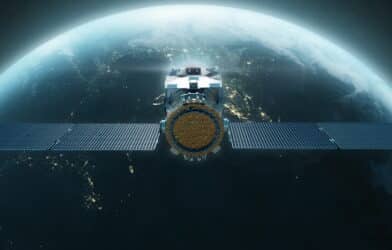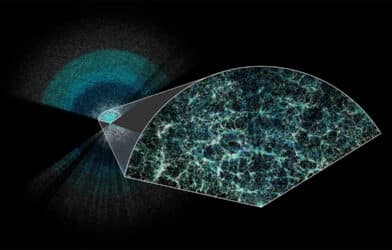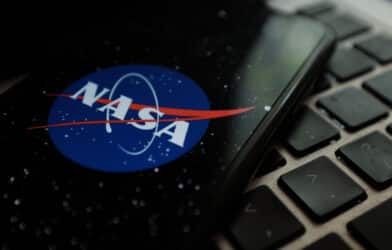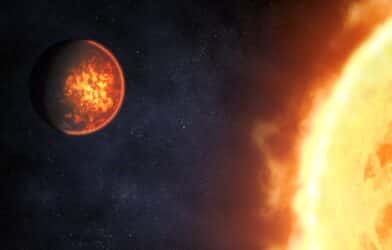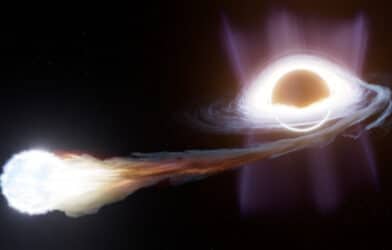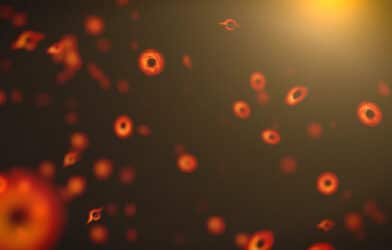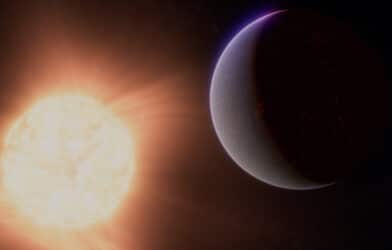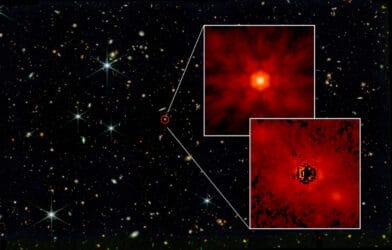Researchers at West Virginia University (WVU) have secured federal funding for a groundbreaking project aimed at tackling the growing problem of space debris. Led by Piyush Mehta, assistant professor of mechanical and aerospace engineering, the team is focused on developing technology to “detect, identify and track lethal non-trackable space debris.”
Remarkably, no technology currently exists for this purpose.
The initiative aims to address a major gap in current space safety measures. “There are more than 100 million objects larger than one millimeter orbiting the Earth, yet less than 1% of debris that can cause mission-ending damage is currently tracked,” according to the WVU research team. Such debris is not just a problem for space missions; it also poses risks to daily activities on Earth that rely on satellites for “banking, communications and GPS.”
The federal funding comes from the Intelligence Advanced Research Projects Activity (IARPA), an arm of the Office of the Director of National Intelligence. The grant will support Mehta’s two-phase project. The first phase spans two years and focuses on detecting and characterizing the debris. The second phase, also lasting two years, will work on developing “technologies and algorithms to persistently track the debris.”
“It’s not about the size, it’s about the energy,” Mehta explains in a statement. “It may be the size of a grain of salt but because it’s traveling so quickly, it might be comparable to a truck moving at 70 miles an hour. You don’t want to be in its path.”
Mehta elaborated that lethal non-trackable debris could come from various sources, including “the result of two objects colliding or an old satellite exploding.”
To assist in their research, the WVU team will utilize a “digital twin” — a computer simulation that mimics a real-world system — to test and evaluate their new technologies and algorithms. This approach enables researchers to safely study the space debris phenomenon without actual space-based testing.
Earl Scime, Professor of Physics and Astronomy at WVU, is also a part of the project. Scime will conduct his research at the WVU Center for KINETIC Plasma Physics. “My research group is very excited to provide the experimental component of this project,” he says.
WVU’s team is the only university-led group to receive funding for this type of research through the SINTRA program. “GPS is one of the most widely used technologies that relies on space assets,” Mehta adds, emphasizing the impact on daily life. “Imagine driving to an unknown place with GPS and the signal goes out. Or signals from satellites used for time stamping banking transactions go away. That could cause chaos in our economic system.”
